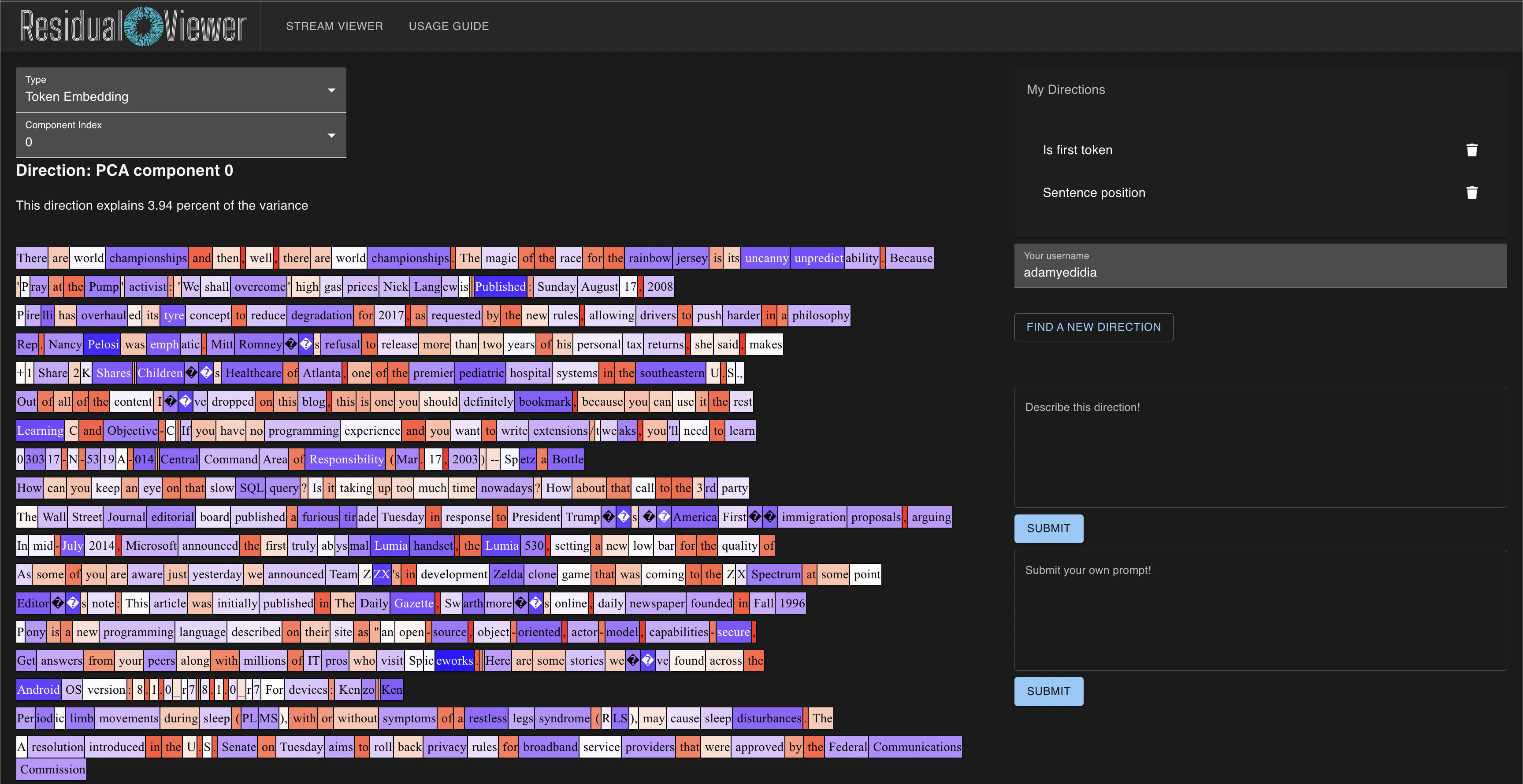(I was one of the two dishonest advisors)
Re: the Kh1 thing, one interesting thing that I noticed was that I suggested Kh1, and it immediately went over very poorly, with both other advisors and player A all saying it seemed like a terrible move to them. But I didn’t really feel like I could back down from it, in the absence of a specific tactical refutation—an actual honest advisor wouldn’t be convinced by the two dishonest advisors saying their move was terrible, nor would they put much weight on player A’s judgment. So I stuck to my guns on it, and eventually it became kind of a meme.
I don’t think it made a huge difference, since I think player A already had almost no trust in me by that point. But it’s sort of an interesting phenomenon where as a dishonest player, you can’t ever really back down from a suggested bad move that’s only bad on positional grounds. What kind of honest advisor would be “convinceable” by players they know to be dishonest?

In Drawback Chess, each player gets a hidden random drawback, and the drawbacks themselves have ELOs (just like the players). As players’ ratings converge, they’ll end up winning about half the time, since they’ll get a less stringent drawback than their opponent’s.
The game is pretty different from ordinary chess, and has a heavy dose of hidden information, but it’s a modern example of fluid handicaps in the context of chess.